Science
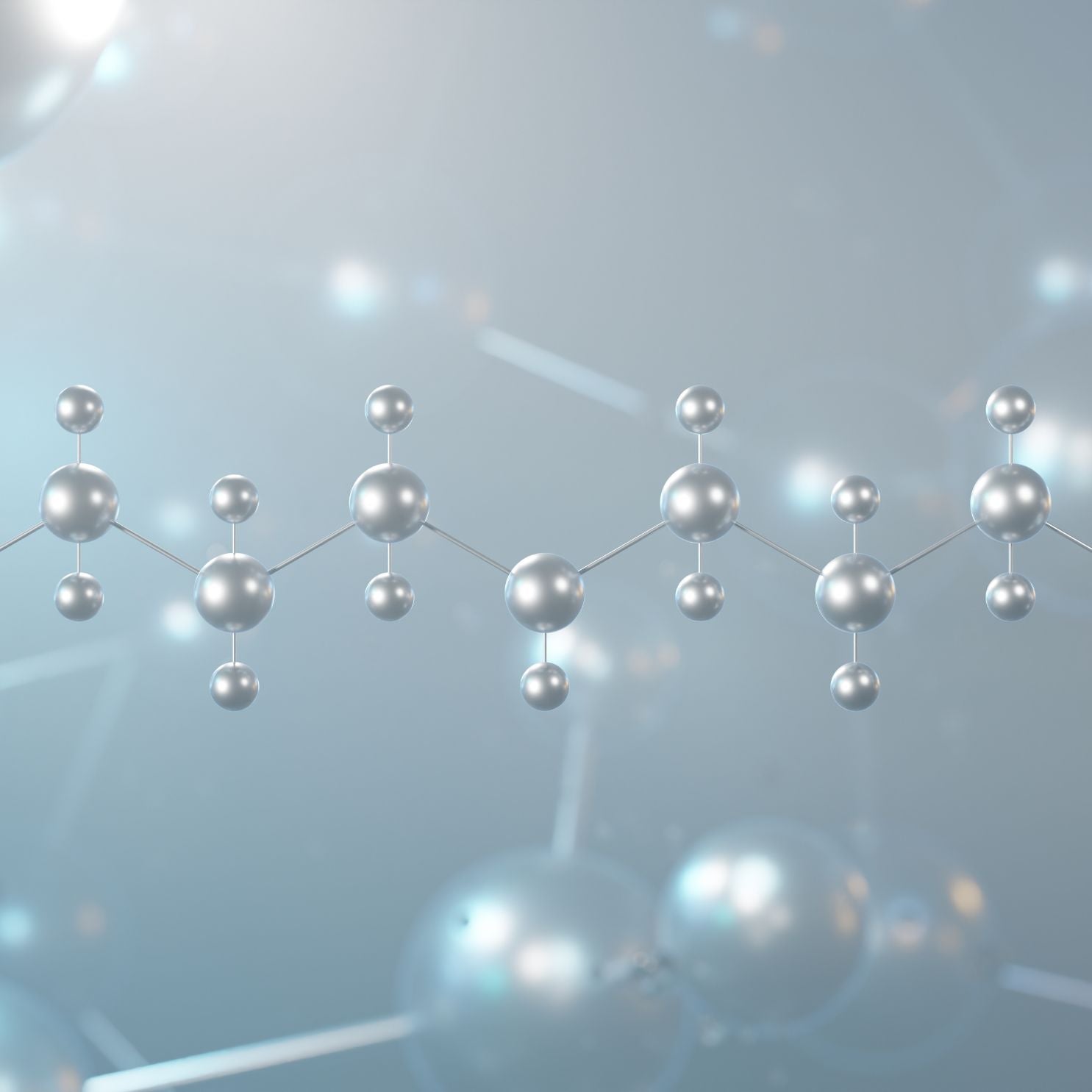
What is Spermidine?
Spermidine is a naturally-occurring polyamine that induces autophagy, your body's cellular "clean up" and recycling process. Mainly through this mechanism, it targets 9 of the 12 root causes of aging, known as the "Hallmarks of Aging".
When you are young, you produce 2/3 of your spermidine content needs in your gut biome and body tissues. The final 1/3 comes from your diet.
As you age, your body's ability to produce it declines and you become much more reliant on food-derived, supplemental sources.
Learn more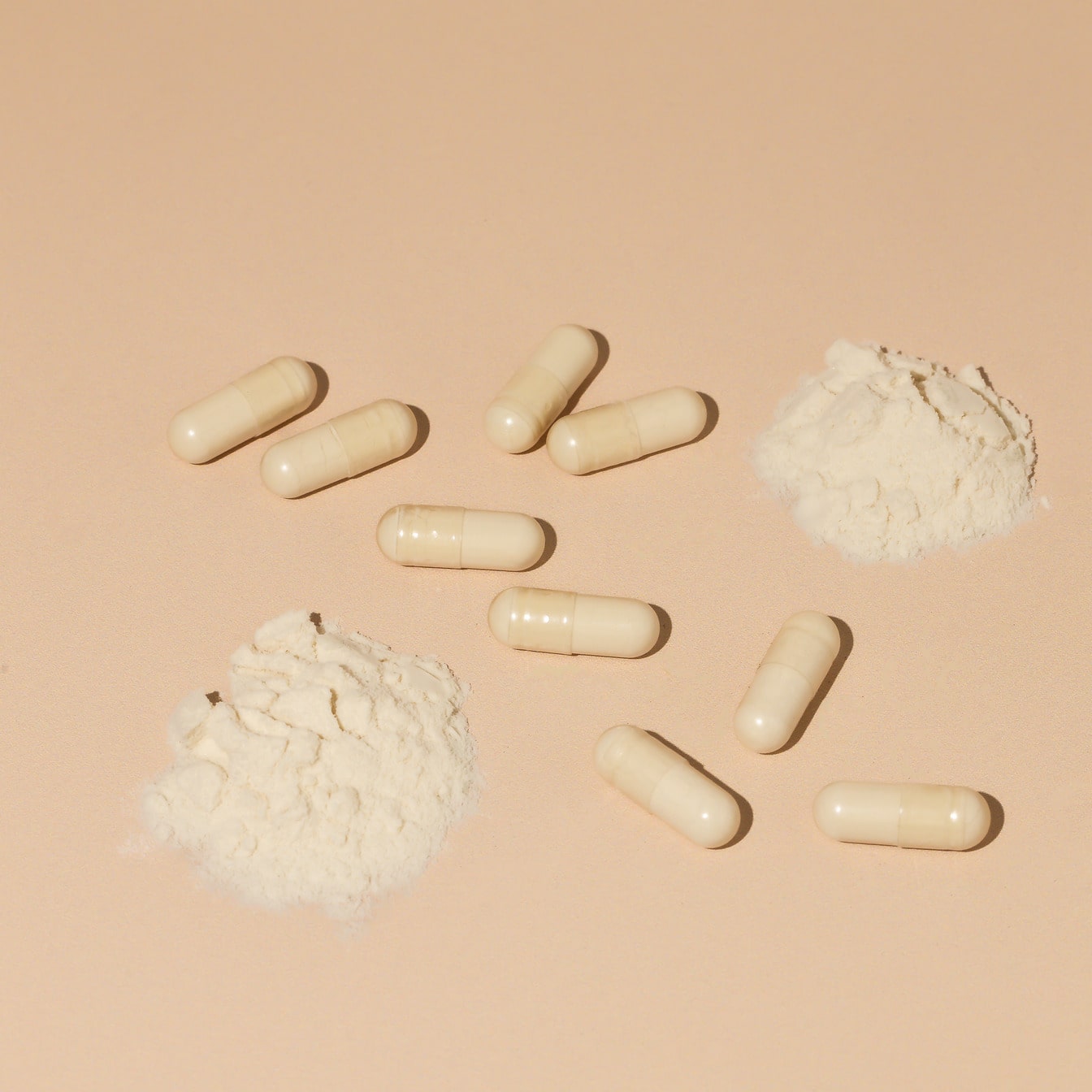
What Does The Science Say?
Spermidine supplementation in humans has been shown to have several positive effects including protecting brain and heart health, improving hair growth and fullness, and strengthening nails.
There have also been a number of studies in mice showing spermidine's potential in healthy aging, longevity, and fertility.
Discover
Spermidine & The "Hallmarks Of Aging"
According to a landmark paper by Lopez-Otin et al, aging is driven by 12 “hallmarks”. Among them are impaired autophagy, stem cell and mitochondrial dysfunction, inflammation, and gut dysbiosis, which all are known to be reduced by spermidine supplementation.
Spermidine is one of few known compounds thought to reduce or reverse the effects of multiple hallmarks; through its induction of autophagy, in particular, it is thought to impact 9 of the 12 hallmarks.
Read more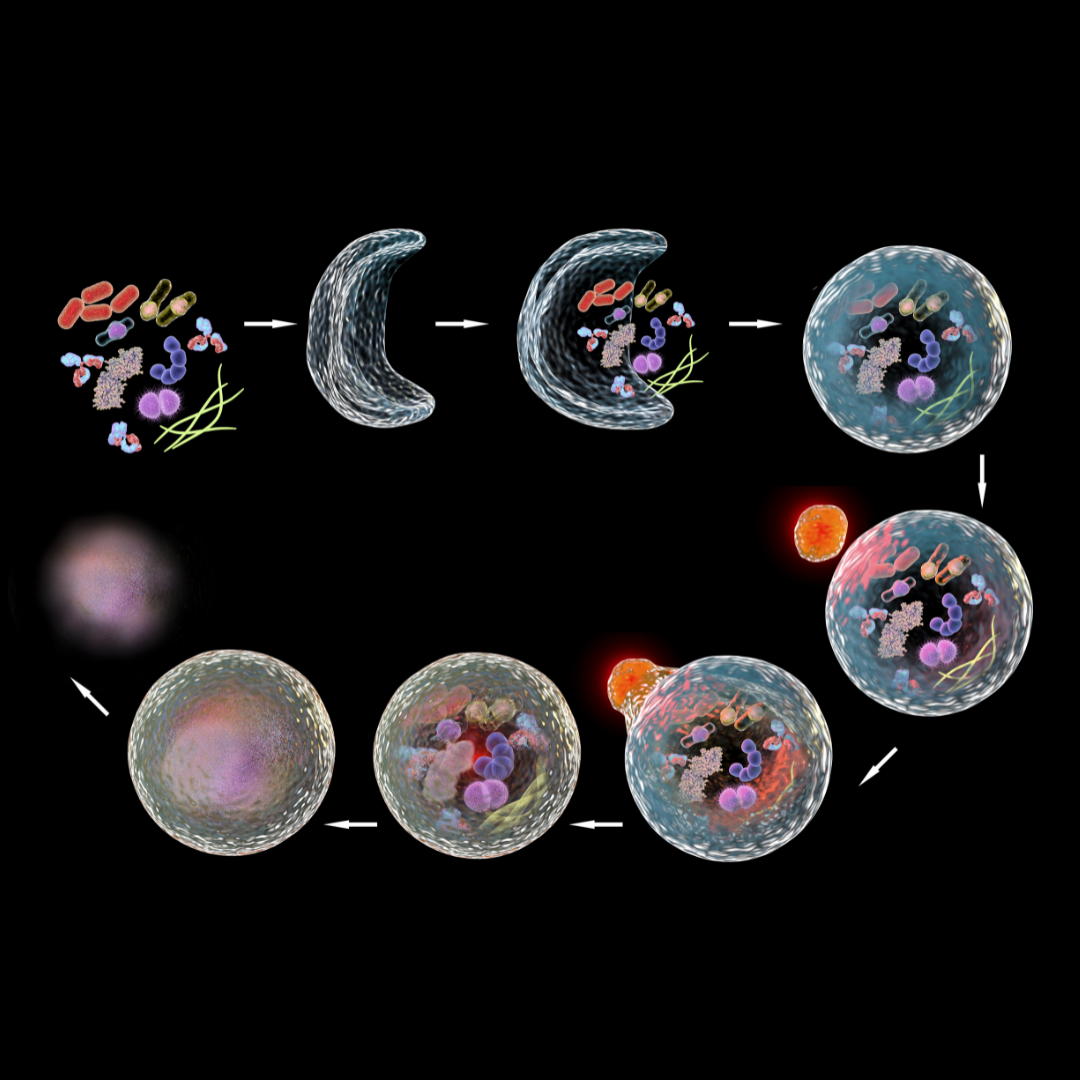
Autophagy: Nobel Prize Winning Science
Autophagy, derived from the Greek term meaning "self-eating," is a crucial cellular clean-out process that removes or recycles damaged cellular components, eliminating damaged parts to maintain health.
This ground-breaking discovery was made by Japanese scientist Yoshinori Ohsumi, whose description of autophagy earned him the Nobel Prize in Physiology or Medicine in 2016. Notably, we are proud to be the only non-Japanese company collaborating with him and his team.
Learn moreMeet Our Scientific Advisory Board
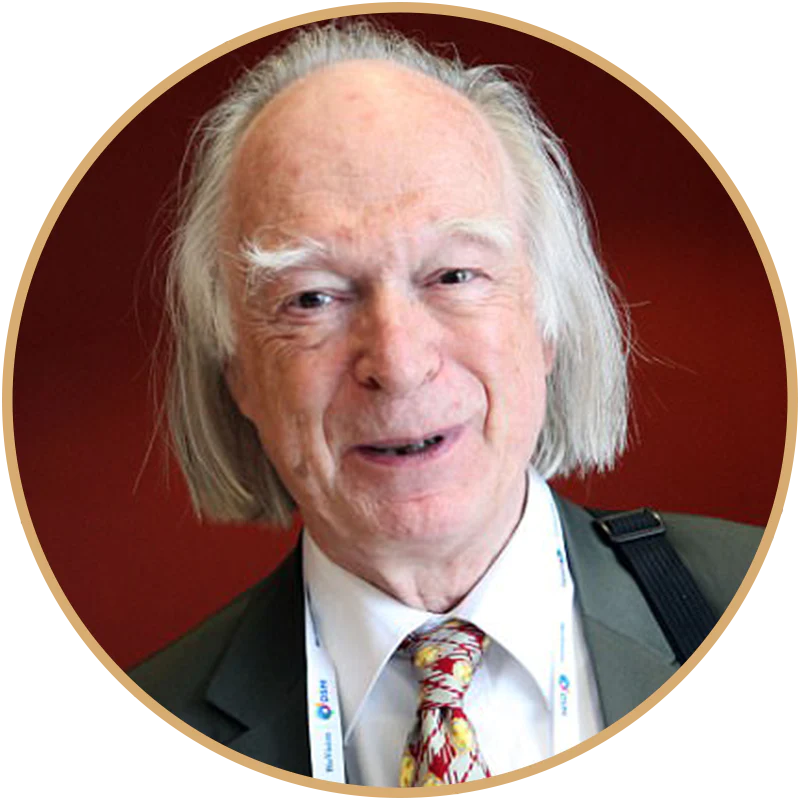
Professor Denis Noble
World-Renowned Physiologist & Emeritus Professor of Physiology, University of Oxford (Oxford)
Professor Denis Noble is a globally-recognized British biologist who developed the first mathematical model of cardiac cells in 1960. He held the Burdon Sanderson Chair of Cardiovascular Physiology at the University of Oxford from 1984 to 2004 and was then appointed Professor Emeritus and Co-Director of Computational Physiology.
On an international scale, he was elected President of the International Union of Physiological Sciences (IUPS) at its Congress in Kyoto in 2009, and then elected for a second term at the 2013 Congress in Birmingham, UK. As a pioneer in the field of systems biology, he is the author of the first popular book on Systems Biology, The Music of Life. His book, Dance to the Tune of Life, Biological Relativity, extends the systems approach to biology, including evolutionary biology. Denis Noble has published more than 600 papers and 11 books. Together with Leslie Kenny, Dr. Paul Ch'en and Sir Christopher Ball, he is a co-founder of the non-profit organization, Oxford Longevity Project.
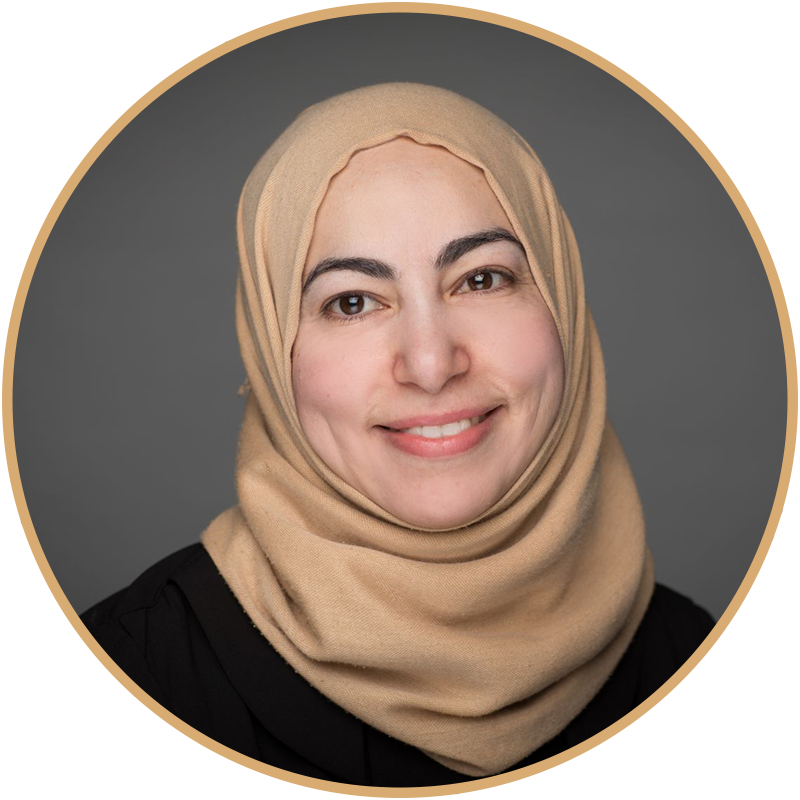
Dr. Ghada Alsaleh
Principal Investigator in Immunology and Autophagy & Leader of the UK's First Space Innovation Lab, University of Oxford (Oxford)
Dr. Ghada Alsaleh moved to Oxford in 2017 to pursue her career as a scientist and to join Professor Katja Simon’s group at the University of Oxford's Kennedy Institute for Rheumatology, where she developed a growing curiosity about aging and the regulation of biological processes that are disturbed during the aging process. In her research, she showed that autophagy is specifically reduced in older human lymphoid cells, which contributes to compromised memory T and B cell responses in the elderly. This work has uncovered novel targets and biomarkers for the development of anti-aging drugs for human T cells.
Dr. Ghada was awarded funding for her proposal “Targeting autophagy for the treatment of osteoarthritis”. Osteoarthritis (OA) is the most common form of arthritis worldwide but lacks effective therapy. In this proposal, she aims to design a genetic screen using TFEB protein expression as a read-out to identify new potential targets for the treatment of Osteoarthritis and various age-related diseases. She has recently become leader of the UK's first Space Innovation Lab, which aims to understand the effect of space microgravity on the aging process.
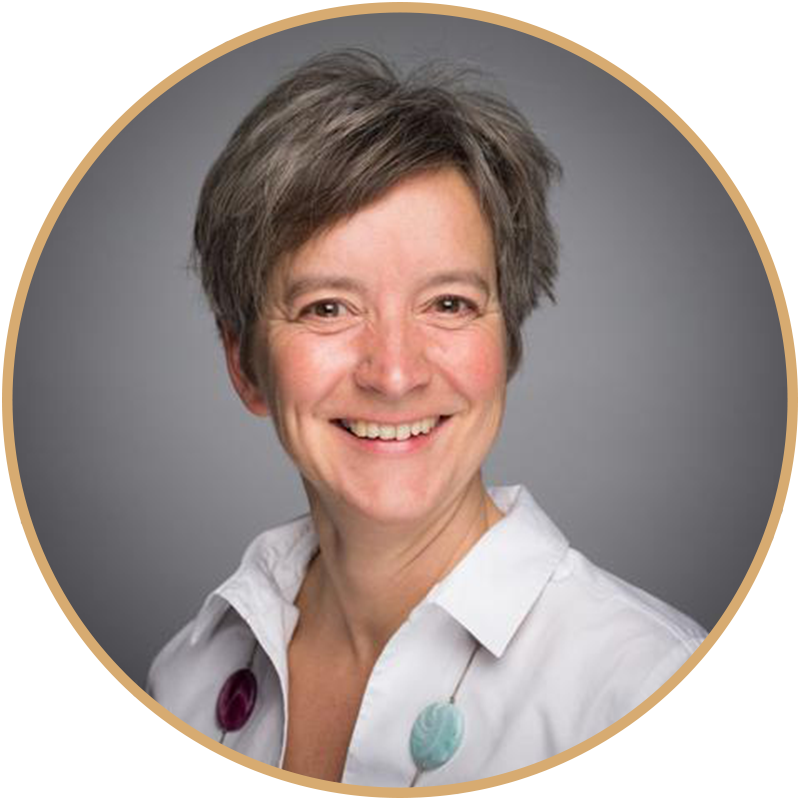
Dr. Katja Simon
Oxford University Professor of Immunology & Head of the "Autophagy in the Immune System" laboratory, Max Delbruck Center (Berlin)
Dr. Katja Simon began her autophagy research as Professor of the Immunology at the Kennedy Institute for Rheumatology, University of Oxford. As a principal investigator, she set up an independent line of enquiry investigating autophagy, another cellular process determining cell fate, in the hemato-immune system. Her group discovered that autophagy, the main conserved cellular bulk degradation pathway, maintains healthy red blood cells, stem cells and memory T cells and promotes differentiation while preventing aging of the hematopoietic system. She has since been appointed to Head of the "Autophagy in the Immune System" laboratory at the Max Delbruch Center in Berlin as part of an initiative to attract outstanding female scientists from abroad. She and her team are continuing her research on autophagy in the immune system there.
Read More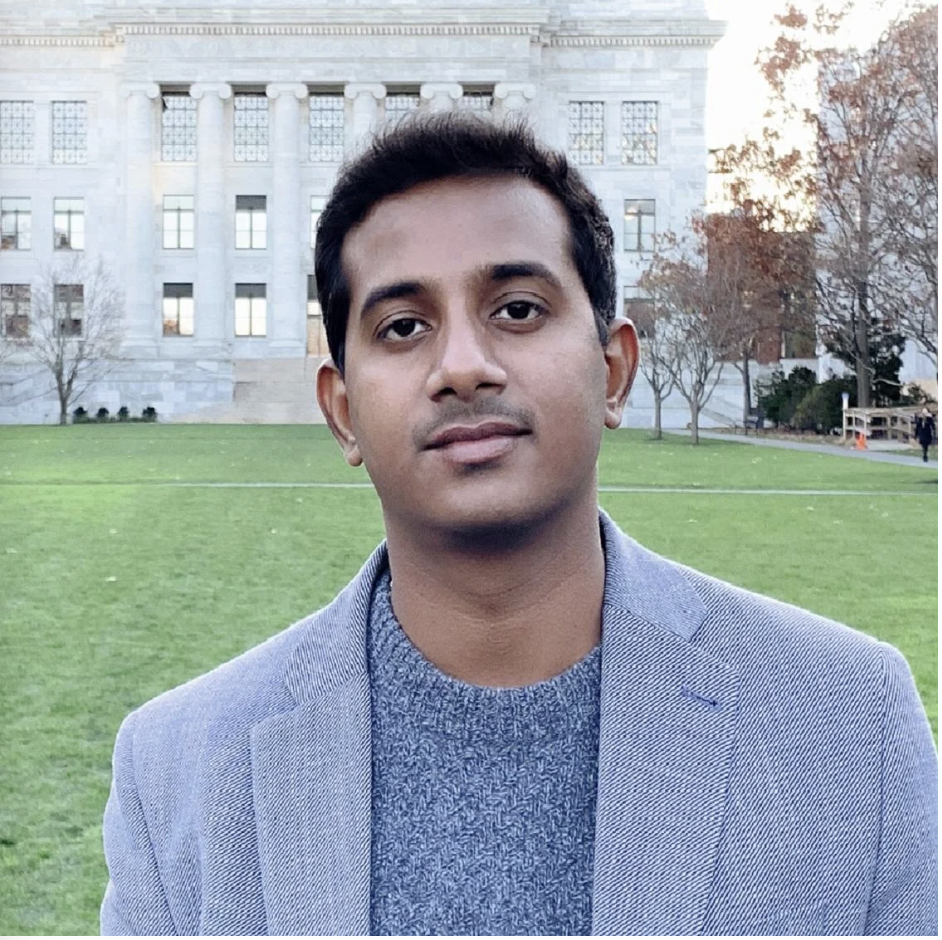
Dr. Sasi Senga
Neurosurgical Oncologist, Lecturer in Medicine, Author & Researcher, University of Oxford (Oxford)
Dr. Sasi Senga is a neurosurgical oncologist with two Masters - one in Neuroscience and another in Cancer & Therapeutics - and specialist training from the Dana Farber Cancer Institute and the Barts Cancer Institute. He is also an Excellence Award/Top Honours Award recipient from Harvard Medical School and currently an Oxford Clarendon Scholar. Additionally, he runs a cancer foundation for the underprivileged in two countries in memory of his mother, Kalavathi, who passed away to cancer, has authored a few books on cancer, and is currently working on a paper on the Hallmarks of Cancer.
Read MoreMeet Our Clinical Advisory Board
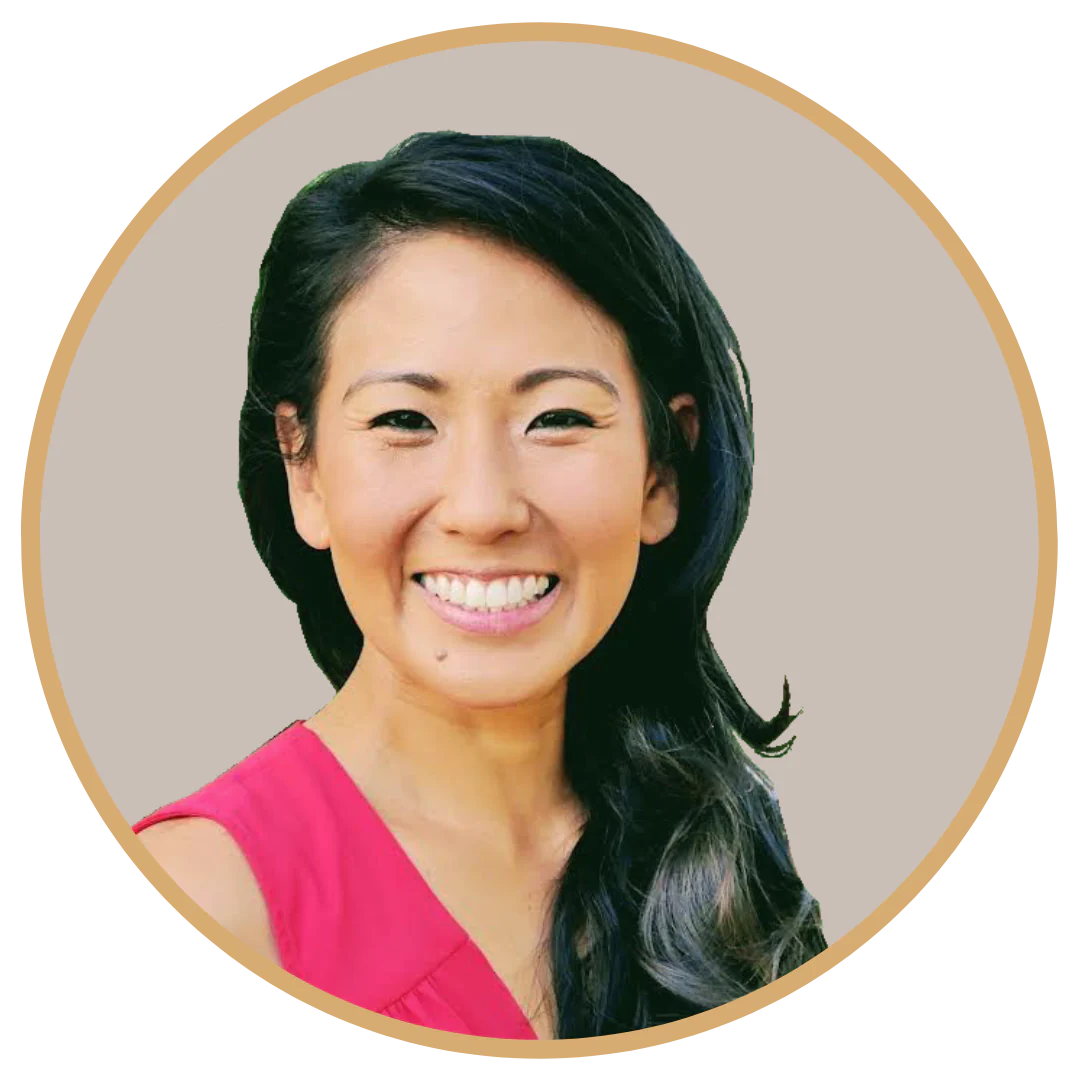
Dr. Olivia Lesslar
Celebrity Longevity Doctor, TEDx Speaker & NYC Journal 50 Under 50 (Global)
Dr. Olivia Ly Lesslar is an Australian medical doctor who specializes in complex chronic conditions including neurodegeneration, "mystery illnesses", atopy, cancer, and psychoneuroendoimmunology - the intersection of psychology, hormones, the nervous system, and the immune system. After her medical residency in Australia, she worked across the USA: First with double-board certified neurologist and psychiatrist Dr. Jay Lombard at the Neuroimmunology Associates of New York and currently, with Dr. Chris Renna at LifeSpan Medicine, Los Angeles. Since 2020 she has spent more time in her home country of Australia, and now works with internationally renowned Professors - neurosurgeon Charlie Teo and immunologist allergist Pete Smith at their respective clinics. In 2022, she was featured in the NYC Journal 50 under 50 as a distruptor in her industry.
Read More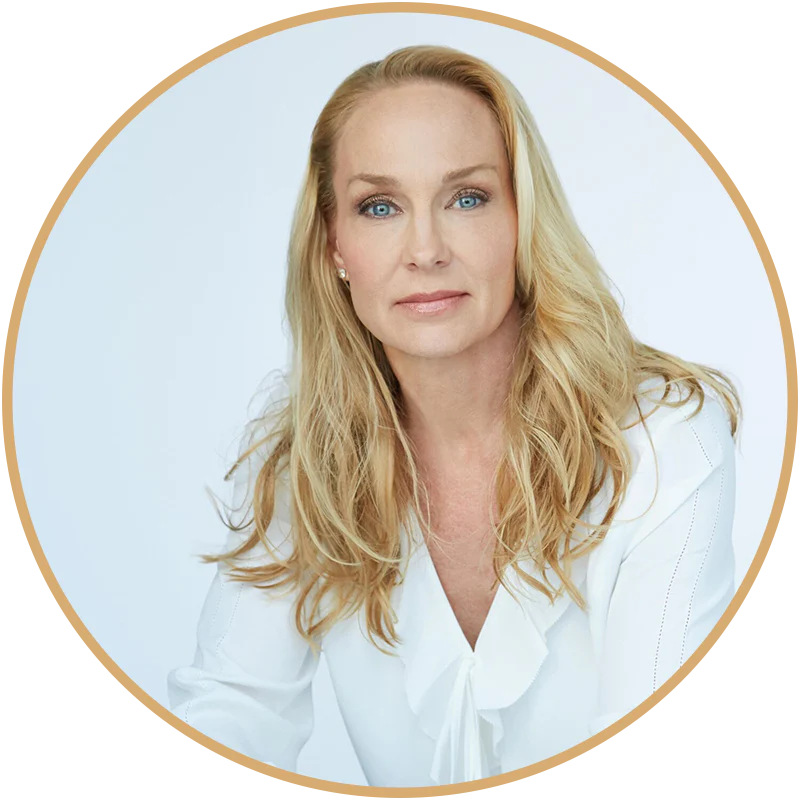
Dr. Sandra Kaufmann
"Best in Medicine" Anti-Aging Doctor & Creator of the Kaufmann Anti-Aging Protocol (Miami)
Dr. Sandra Kaufmann began her academic career in the field of cellular biology, earning a Master’s Degree from the University of Connecticut in Tropical Ecology and Plant Physiology. Turning to medicine, she received her medical Degree from the University of Maryland, and completed a residency and fellowship at Johns Hopkins in the field of pediatric anesthesiology. Presently, she is the Chief of Pediatric Anesthesia for the Memorial Health Care system and the Joe DiMaggio Children’s Hospital in Florida and recently received the accolade of "Best in Medicine" from the American Health Council. She also practices as a longevity doctor and created the first-of-its-kind Kaufmann Protocol - a culmination of years of non-clinical research leading to the first-ever, scientific guide to personalized deceleration of the aging process.
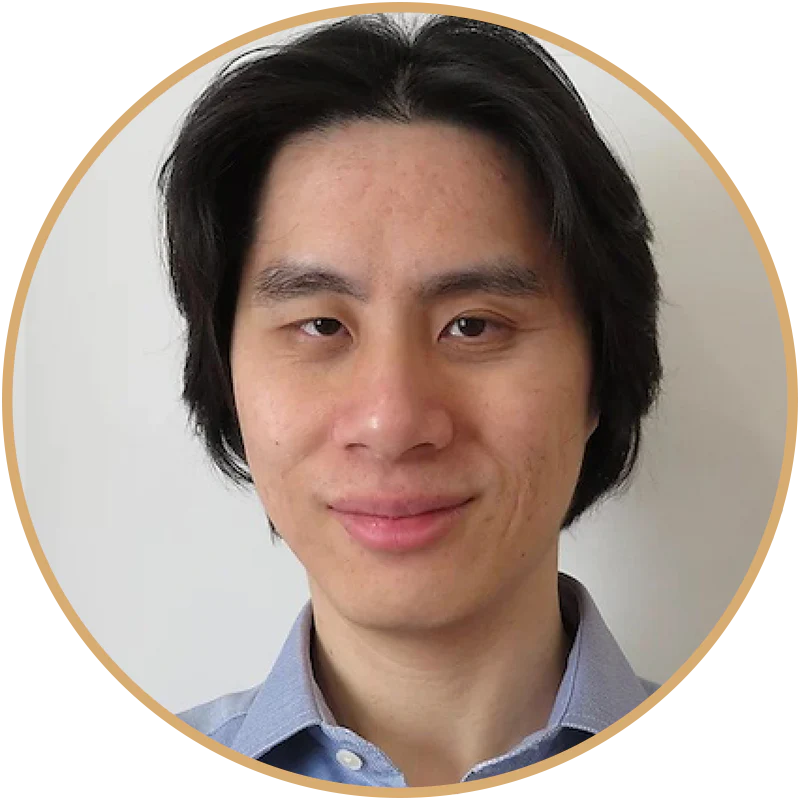
Dr. Paul Ch'en
Holistic Cancer Care Coach, CanSure Heal It, GP Partner & Doctor to Keble and Sommerville Colleges, University of Oxford (Oxford)
Dr. Paul Ch'en is a Practice Partner at the Observatory Medical Practice in Jericho, Oxford, where he is also the College Doctor to Keble and Somerville Colleges at the University of Oxford. Paul has recently embarked on a new chapter as a Holistic Cancer Care Coach through his online coaching service, CanSure Heal It. This service supports newly diagnosed cancer patients to take charge of their health and gives them the tools to help manage their condition. As a former cancer immunologist, he has a particular interest in the early diagnosis of cancer and is keenly interested in preventing the diseases of aging, cognitive behavioral therapy and acupuncture. Having had his early education in Japan, Dr. Ch'en also stays abreast of the latest Japanese therapies and research to promote healthy aging, reverse disease and live a long, healthy and happy life. He also co-founded the non-profit organization dedicated to educating the public on healthy aging, the Oxford Longevity Project, with Oxford Healthspan Founder, Leslie Kenny, Scientific Advisor, Professor Denis Noble, and Academic and Former Warden of Oxford University's Keble College, Sir Christopher Ball.
Read More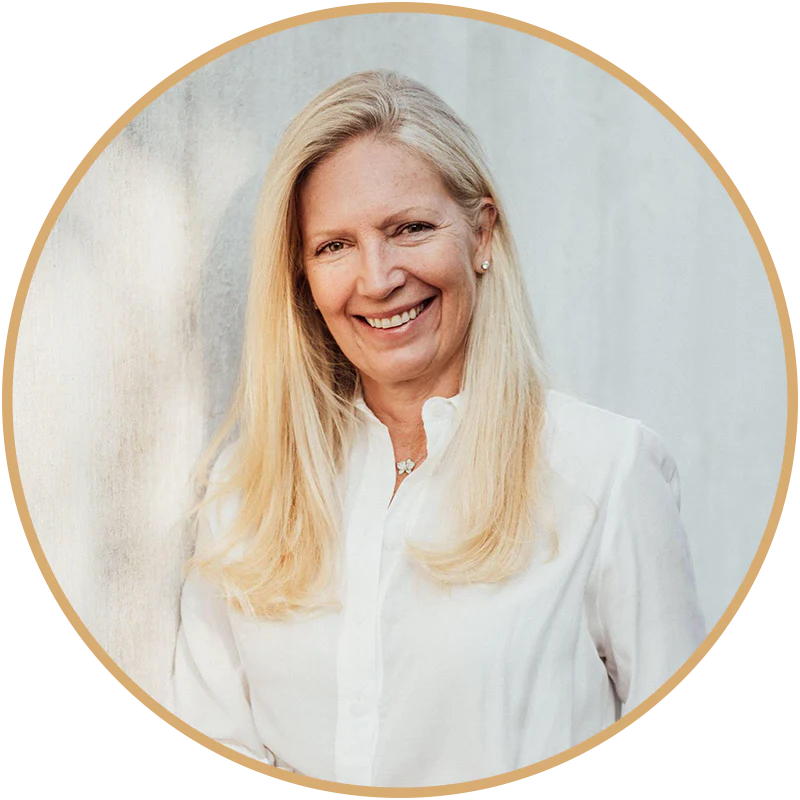
Amy Lamotte
Clinical Nutritionist (Hong Kong)
Amy Lamotte is the Managing Director of Vallotte Nutrigenomics Limited in Hong Kong, where she splits her time between clinical nutrition and nutrition research. Her clinical practice is focused on personalized nutrition for autoimmune and chronic inflammatory conditions. She devotes half of her time to research in order to contribute to our understanding of how nutrition is the key to creating vibrant health at any age. Her current research interests include nutrition for modulating the immune system and increasing healthspan, nutritional genomics, circadian biology, and the microbiome. She has a Master's of Science in Human Nutrition (summa cum laude) from the University of Bridgeport and a J.D. from Yale Law School.
Read More
Our Affiliations
Oxford Healthspan is the only non-Japanese member of the Japan Autophagy Consortium, an organization dedicated to educating the Japanese public on autophagy.
Our Founder Leslie started a non-profit organization, Oxford Longevity Project, with University of Oxford scientists and doctors to equip the public with the tools to age healthily. We are sponsoring their upcoming event, the Smart Ageing Summit 2025.
References
